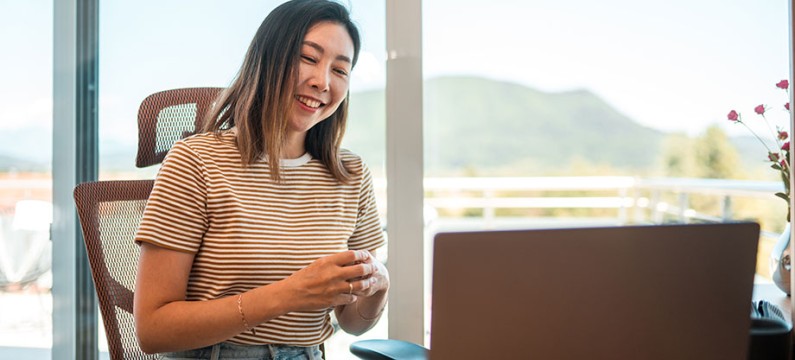Podcasts

The way we work and the skills we need to succeed continues to shift. Each month, we speak with industry leaders to discuss the changing evolution of the workforce and how you can stay competitive.
As we look toward 2025, we’re reflecting on how much AI has made deep inroads into our future of work. From creating new opportunities for automation and entrepreneurship to its impact on how we hire new talent, AI will no doubt continue to stay at the forefront of our conversations.
But we need to remember that there are actual humans coding the AI, responding to the outputs and implementing change. Where does the intersection of people and AI convene? Are we embarking on a new set of technical and people skills?
In this episode, we shed light on a sensitive subject that many professionals encounter but very few understand: performance improvement plans, or PIPs. It's time to bring PIPs out of the shadows and talk about them.
In this episode, we’re asking the question of, are side hustles the new normal? In recent surveys, nearly 50-percent of the population has a side hustle in addition to their full-time work. What starts as a side hustle often begins with a spark of passion or a desire to explore an idea outside the confines of a regular job.
It's a space for creativity, a chance to build something meaningful on your own terms. But as this small venture grows, it presents a unique opportunity: the chance to transform that side hustle into a full-fledged startup.
In this episode, we’re helping to unlock access to coaching—both for your career and your personal life. Perhaps you have never thought about working with a career coach, or maybe you thought about it but hiring a coach was not financially viable. Some may feel an unfounded concern that coaching puts a spotlight on identifying your weaknesses.
Social impact, change-making, entrepreneurship. Opportunities abound to affect positive impact and influence by leveraging your passions. Extraordinary things can happen when passion meets purpose. Sounds overwhelming? It doesn't need to be. You may already have a side hustle that spotlights your passion. You may already be thinking about that one project that you never seem to have enough time to put into motion. Find out how you can get started on a path toward social entrepreneurship!
Millions of Americans entering the workforce don’t have a traditional four-year college degree. Earning a degree may not be realistic, attainable or appealing for everyone. Many folks are instead pursuing alternative educational paths—from on-the-job-training to certificates—to advance their careers. The traditional four-year degree is only one way to demonstrate needed work skills. But are prospective employers feeling the same way?





